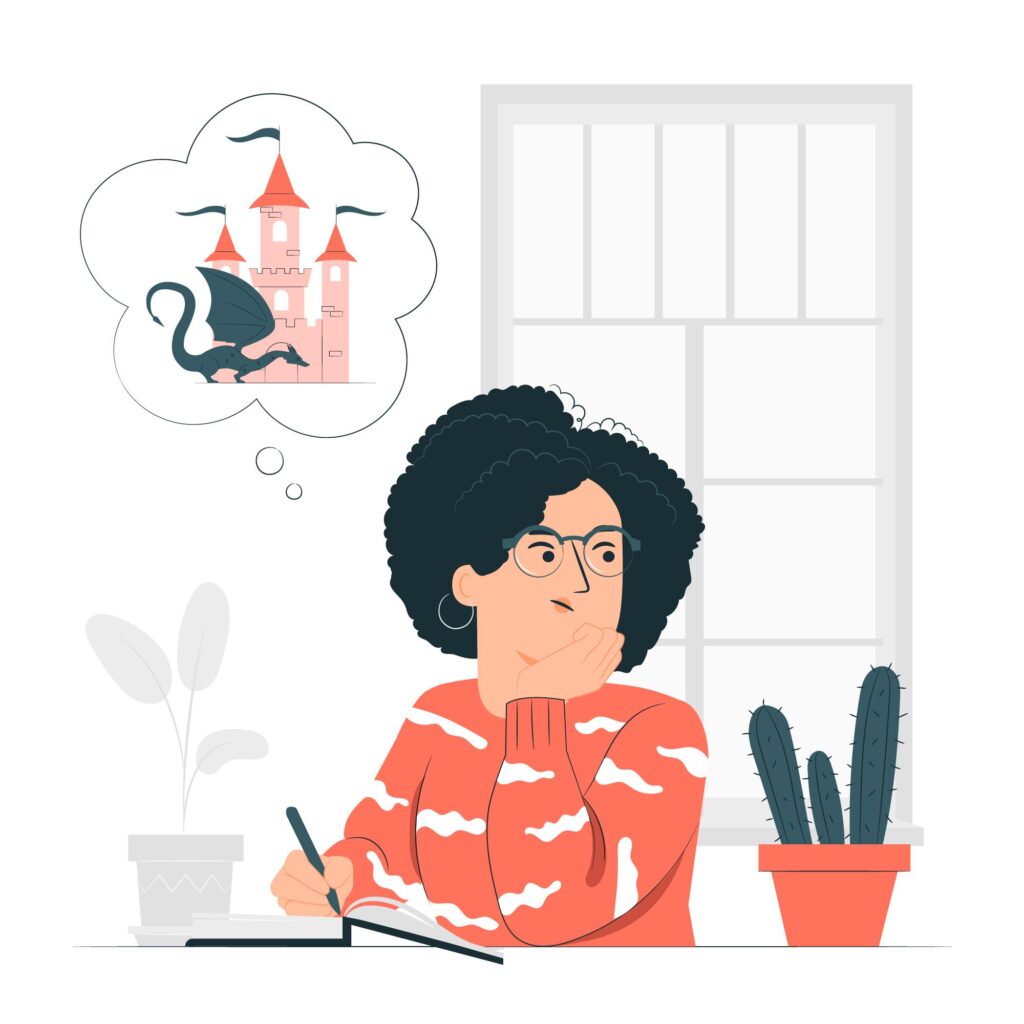Writing a novel is a daunting task, and there are many factors that writers need to consider to ensure that their work is successful. One of the critical decisions they must make is regarding the length of their novel. While some writers may have a clear idea of the length they want to achieve, others may struggle to determine what the ideal length is for their story.
The ideal novel length can vary depending on several factors. These include the book’s genre, the complexity of the plot, and the target audience. Understanding these factors can help you make an informed decision when it comes to determining the length of your book.
Understanding Novel Length
Novel length refers to the number of words or pages that a writer uses to tell their story. Although there are no hard and fast rules when it comes to length, writers can follow some generally accepted guidelines as a starting point. Novels are broadly classified into different categories based on their length and the complexity of the plot. These categories include:
- Novella (17,500 to 40,000 words): These are shorter than novels and are typically used to tell a more focused story that has a single plotline.
- Short Novel (40,000 to 70,000 words): These are longer than novellas and typically have more complex plotlines and character development.
- Medium-Length Novel (70,000 to 90,000 words): These are the most common type of novel and are used to tell a complete story with a well-developed plot and characters.
- Long Novel (90,000 to 120,000 words): These are longer novels that often have more complex plotlines and many characters.
- Epic Novel (more than 120,000 words): These are the longest type of novel and often have multiple plotlines and a large cast of characters.
It’s important to note that these word counts are not set in stone. Several factors can influence the ideal novel length, including the genre, the target audience, the complexity of the plot, and the writer’s personal style.

The Pros and Cons of Different Novel Lengths
Understanding the pros and cons of different novel lengths can help writers make informed decisions about the ideal length for their story.
Short Novels
- Pros:
- Easier to write and edit
- Faster turnaround time for publication
- Can be more focused and have a stronger impact
- Cons:
- Limited character development and plot complexity
- Can feel rushed or incomplete
- May have limited market appeal
Medium-Length Novels
- Pros:
- Allows for well-developed characters and plotlines
- Has a broad market appeal
- Can still be written and published relatively quickly
- Cons:
- Requires careful planning and editing to avoid dragging out the story
- Can still feel rushed if not properly developed
- May struggle to stand out in a competitive market
Long and Epic Novels
- Pros:
- Can offer a more immersive reading experience
- Allows for complex plotlines and character development
- Can stand out in a crowded market
- Cons:
- Requires extensive planning and editing
- Longer turnaround time for publication
- May have limited market appeal due to length and complexity
Factors to Consider When Choosing the Ideal Novel Length
Choosing the ideal length for your novel can be a challenging task. However, there are several factors that you should consider before making a final decision. These factors include:
- Genre: Different genres have different expectations for novel length. For example, a romance novel typically ranges from 80,000 to 100,000 words, while a fantasy novel typically ranges from 100,000 to 150,000 words or more. It’s important to research your chosen genre and understand the expectations in that genre.
- Target Audience: Young adult novels are generally shorter than adult novels, and middle-grade novels are shorter still. Also, a science fiction or fantasy story may require more worldbuilding and exposition to satisfy readers, which could result in a longer novel.
- Story Complexity: A simple story with a straightforward plot may not require as many words as a complex story with multiple plotlines and characters. It’s important to consider the level of complexity in your story and determine how much space you need to fully explore it.
- Pacing: A fast-paced story may not require as many words as a slower, more introspective story.
- Reader Expectations: Readers may have certain expectations based on genre or an author’s previous works. It’s important to consider these expectations and how they may affect the reception of your novel.

How Writers Can Manage Novel Length
By taking the above-mentioned factors into account and planning your novel accordingly, you can ensure that it is the appropriate length. Below are some tips to help you manage the length of your novel:
- Plan Your Plot and Character Development: Proper planning is essential to ensure that your story flows well and has a strong impact on the reader. You should plan these elements carefully to avoid dragging out the story or leaving the reader feeling unsatisfied. This may involve developing an outline and character profiles.
- Edit Ruthlessly: Once your first draft is complete, editing is crucial to ensure that your story is as tight and impactful as possible. Be prepared to cut out any unnecessary scenes or dialogue that may detract from the overall impact of the story.
- Get Feedback: Getting feedback from beta readers or a professional editor can also help you determine the ideal length for your novel. It can provide valuable insight into the pacing, plot, and character development, which can help you refine your story and determine the ideal length.
Why Novel Length Matters
Ultimately, the ideal length for a novel will vary from writer to writer and story to story. There is no one-size-fits-all answer, and what works for one writer may not work for another. However, understanding the pros and cons of different novel lengths, as well as the factors that influence length, can help writers make informed decisions about the ideal length for their story.
It’s important to remember that quality should always come before quantity. Although longer novels can offer a more immersive reading experience, if it’s not well-written or engaging, readers will quickly lose interest. Similarly, a shorter novel may be easier to write, but if it’s rushed or underdeveloped, readers will be left unsatisfied. Ultimately, the needs of your story and the preferences of your readers should determine the length of your novel. Regardless, your readers will appreciate a well-crafted story more than a specific novel length. Trust your instincts and write the story you want to tell.
Recommended Reading
Note: As an Amazon Associate, I earn from qualifying purchases of this book and more.